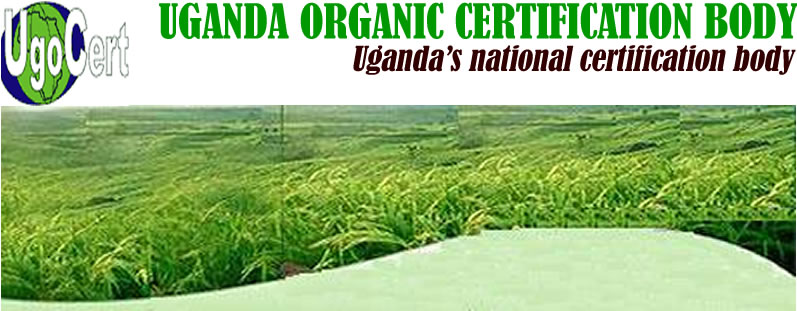Are organic foods really any better for the environment than their conventionally grown counterparts? Is organic certification worth the extra cost to consumers? These are some of the questions that this article will answer.
What are the benefits of organic certification?
One of the main benefits of organic certification is that it can help to ensure that food is free from harmful chemicals. These chemicals can come from a number of sources, including pesticides, herbicides, and chemical fertilizers. By using organic certification, producers can be sure that these materials are not used in their products. This can help to protect the environment and ensure that food is safe for consumers. Additionally, organic certification can encourage sustainable agriculture practices, which can help to conserve resources and protect the environment.
What are the concerns about the organic certification process?
There are many concerns about the organic certification process. One reason for these concerns is that certifiers are often influenced by the agricultural industry, which can lead to inaccurate certifications. Additionally, there have been allegations of collusion between certifiers and the agricultural industry. This means that certifiers may be approving products that they know or suspect to contain harmful chemicals, in order to boost the marketing efforts of the agricultural industry.
Another concern is the accuracy of certifications. Many people believe that certifiers are not always accurate in their assessments, which can result in products that are falsely labeled as “organic”. Furthermore, there has been a rise in “fake” organic products on the market. These products contain harmful chemicals and may actually do more harm to the environment than good.
Lastly, some people believe that the certification process is too restrictive. It can be difficult to meet all of the certification requirements, which can make it difficult for small businesses to enter the market. There is also a concern that the certification process is too expensive for most businesses.
What are some of the controversies surrounding the organic certification industry?
Organic certification is lauded by some as a way to reduce the use of harmful chemicals in food, but there are also some concerns about the validity of the process. There are many debates surrounding organic certification, including the extent to which organic foods reduce the use of chemical pesticides and herbicides. Some people argue that organic certification is not always properly enforced. Additionally, some allege that organic farmers may receive preferential treatment from certifying agencies. These controversies have created a rift between proponents and opponents of the organic certification process.
While there are many benefits to organic certification, there are also some concerns about the process. Overall, organic certification is a good way to help protect the environment and ensure that food is free from harmful chemicals.






